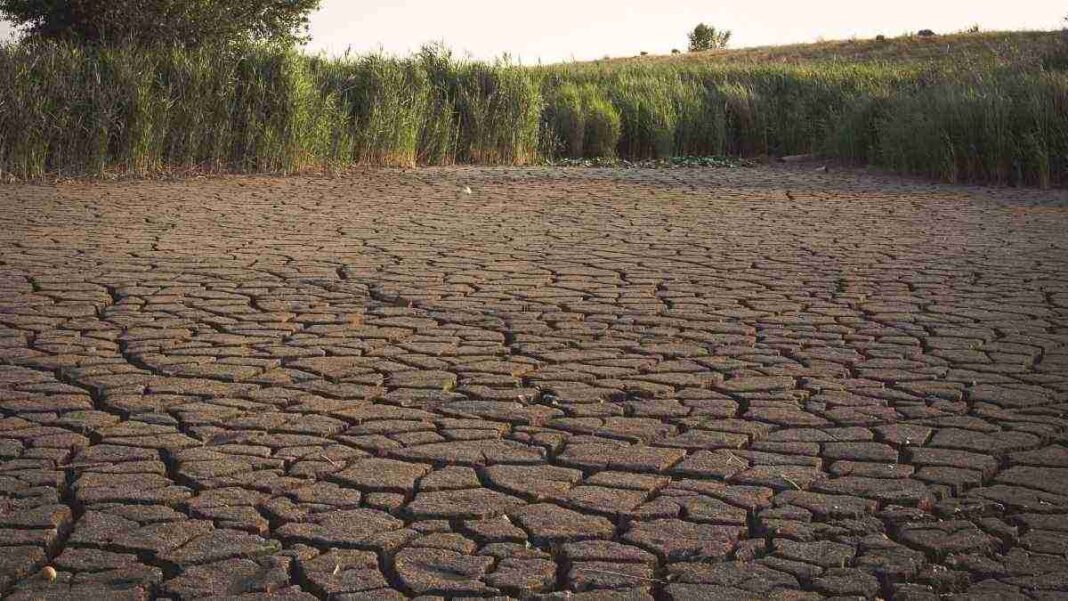INDIA: A new report from the United Nations says that India may not have enough water by the year 2050. The report called the ‘United Nations World Water Development Report 2023: Partnerships and Cooperation for Water’, predicts that the number of people facing water scarcity globally is expected to rise from 933 million in 2016 to 1.7–2.4 billion by 2050.
The report says that India is the country most likely to be affected by this situation. Around 80% of people living under water stress live in Asia, especially in northeast China, India, and Pakistan.
The research highlights the urgent requirement for robust international measures to stop the global water problem from getting out of hand.
“Water is our collective future, and we must act together to share it equally and manage it responsibly,” UNESCO Director-General Audrey Azoulay says.
According to the research, two billion people worldwide do not have access to clean drinking water, and 3.6 billion do not have access to properly maintained sanitary facilities.
The editor-in-chief of the report, Richard Connor, highlights the increasing uncertainties associated with water scarcity, including reduced availability and increased demand, from urban and industrial growth to agriculture, which alone consumes 70% of the world’s water supply.
UN Secretary-General Antonio Guterres expresses concern that humanity is blindly traveling a dangerous path. The lifeblood of mankind is being drained drop by drop by overconsumption, overdevelopment, unsustainable water usage, pollution, and unregulated global warming.
The report emphasizes that partnerships and cooperation are essential to integrating approaches to water management across key sectors.
The intersection of food, energy, and water is crucial in a transboundary setting. The study makes the point that partnerships that prioritize knowledge co-creation rather than knowledge transfer attempt to embrace the variety of skills and experiences of knowledge systems.
Moreover, the report highlights the critical role of women in water management, particularly in rural settings.
Google launched a flood forecasting program in 2018 as part of a crisis response program that aims to provide trusted information and resources in times of need. The goal was to prevent catastrophic damage by giving people in danger accurate and detailed warnings.
Creating partnerships and cooperating are essential to achieving human rights to water and resolving current issues.
Economic water scarcity is a significant problem in many regions, where governments fail to provide safe access, while physical scarcity is worst in desert areas, including northern India and the Middle East. It is crucial to take action now to prevent the water crisis from spiraling out of control.
Also Read: Dirty Truth about Reusable Water Bottles: Methods to Keep Them Hygienic and Germ-free



